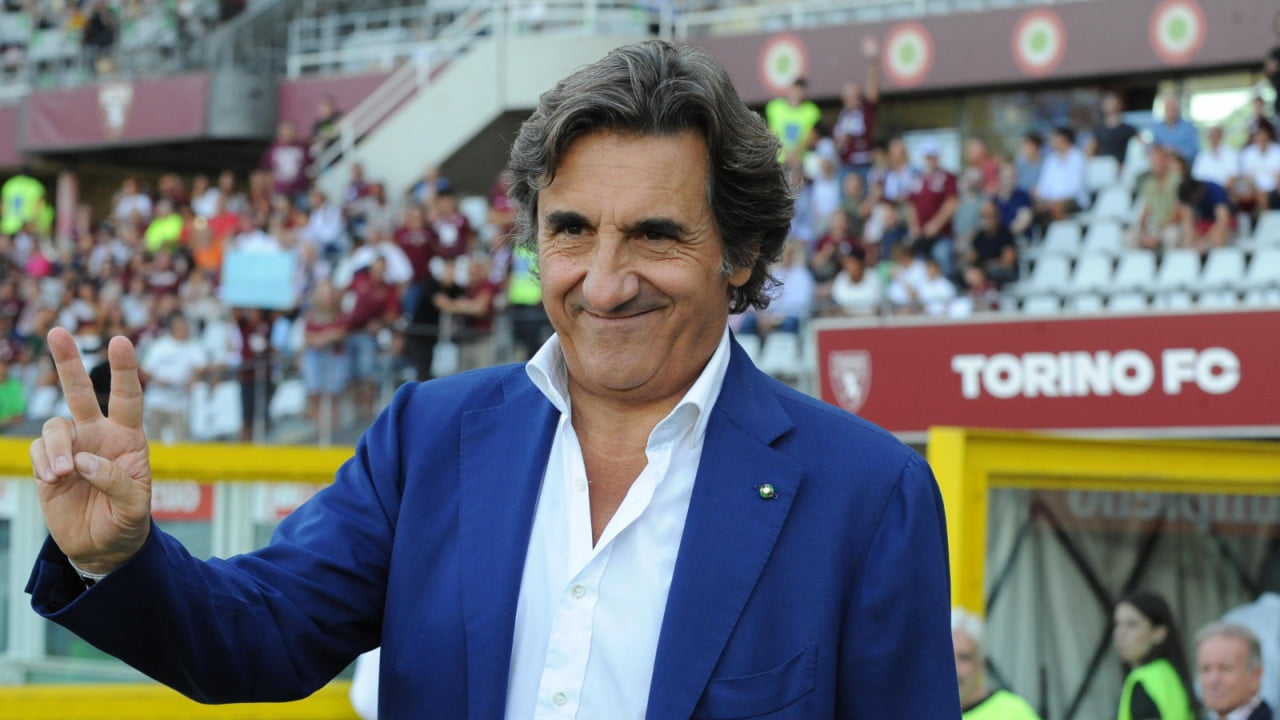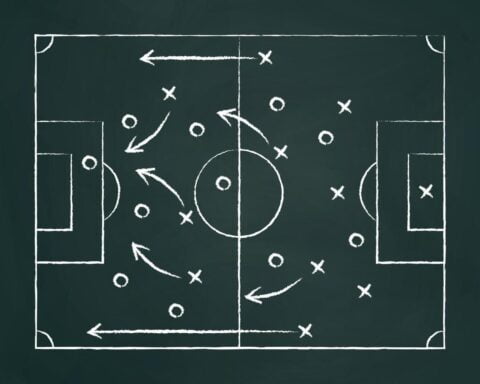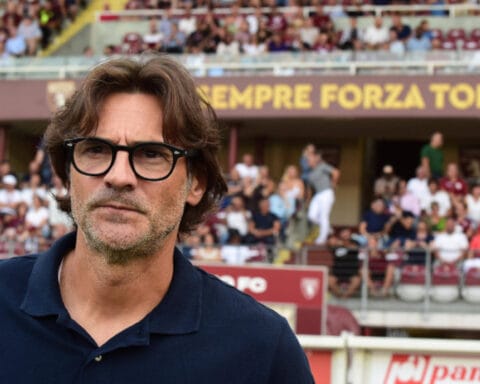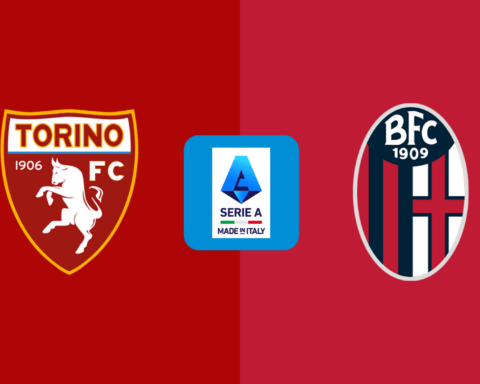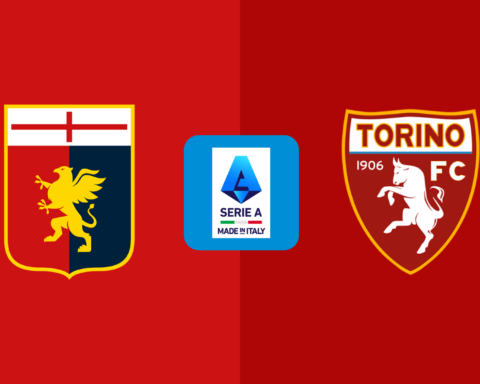Urbano Cairo, president of Torino FC and RCS MediaGroup, shared his thoughts on the state of Italian football and his tenure at Torino during the Sport Industry Talk event organized by Corriere della Sera in Rome. Cairo addressed various topics, including the financial sustainability of football, his future at Torino, and the national team.
Cairo began by highlighting the paradox facing football over the past 50 years: “Costs are growing much faster than revenues. This isn’t just about Italy; even English football, which is worth 8.2 billion euros, has heavy losses with only four teams turning a profit.”
He emphasized the need for a new approach to sustainability in football: “Football has become an unsustainable activity. The goal is always to increase revenues, but we need to focus on containing costs.” Cairo suggested that the government should support football, given its significant fiscal contributions and positive impact on the country’s mood, citing the success of Euro 2021 as an example.
Regarding potential solutions, Cairo proposed: “Cinema has its tax credit; why not grant it to football in exchange for investments in youth academies? And then there are the stadiums… Think about the eco-bonus, we’re talking about 120-140 billion. Imagine how many stadiums you could have renovated with just 2% of that.”
Discussing his tenure at Torino, Cairo explained: “I took over Torino 19 years ago when the mayor called me, worried about the club’s possible bankruptcy. There have been better and worse seasons, but we’ve been consistently in Serie A for 13 years.” He added, “I don’t want to stay at Torino forever, but I believe it’s right to leave it to someone richer and more capable than me. When I arrived, there weren’t even any footballs; I’d like to leave it to someone with those 20-30 million that I don’t have and for which I don’t want to go into debt.”
On the topic of foreign ownership in Italian football, Cairo was cautious: “You can’t make generalizations. Elliott fund did well at Milan, as did Commisso in Florence. But football isn’t easy; money isn’t enough. Many, especially Americans, invest here because the prices of Italian teams are very competitive compared to American ones.”
Looking ahead to the upcoming Italian Football Federation presidential elections, Cairo stressed the need for unity: “There’s a need for greater unity of purpose involving the entire movement to overcome this difficult period.”
Finally, commenting on the national team under Spalletti, Cairo expressed optimism: “He seems to have made the right corrections compared to the European Championship, which obviously disappointed us. He did well to involve players who couldn’t play at that moment, like Tonali, and especially to focus on young players. We’re experiencing a very positive phase, and I truly believe it can bring good satisfaction.”

